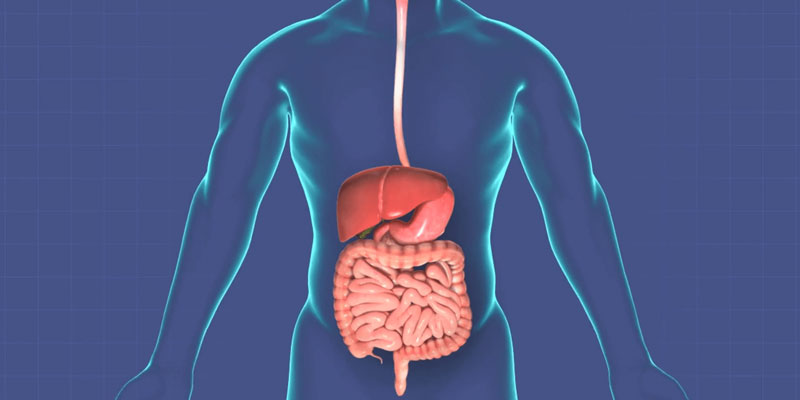
A gastroenterologist is a specialist who treats conditions related to the gastrointestinal tract that include the stomach, intestines, esophagus, and biliary organs such as bile ducts, pancreas, liver, and gallbladder.
When to go to a Gastroenterologist?
Visit a gastroenterologist when you have the following gastrointestinal symptoms:
- Diarrhea
- Indigestion
- Abdominal pain
- Bloating
- Nausea and vomiting
- Rectal bleeding
- Constipation
- Jaundice
- Unusual weight loss or weight gain
- Heartburn
- Gas
Conditions Treated by Gastroenterologist
Gastroenterologist treats gastrointestinal diseases such as:
- Celiac disease
- Stomach ulcers
- Food allergies and intolerances
- Irritable bowel syndrome (IBS)
- Small intestinal bacterial overgrowth (SIBO)
- Inflammatory bowel disease
- Appendicitis
- Hemorrhoids
- Colorectal polyps
- Diverticulitis
- Stomcah ulcers
Esophageal disorders
- Esophagitis
- Hiatal hernias
- Swallowing difficulties
- Gastroesophageal reflux disease (GERD)
Liver diseases
- Toxic hepatitis
- Fatty liver disease
- Cirrhosis
- Viral hepatitis
Pancreatic, biliary, and gallbladder diseases
- Cholecystitis
- Pancreatitis
- Gallstones
Gastroenterologist Procedures
The gastroenterologist performs a physical examination. They may suggest blood tests, stool tests, and GI X-ray exams. When the above diagnostic procedures do not provide enough information to treat the condition, the gastroenterologist may suggest endoscopic procedures. In an endoscopic procedure, a long, thin, flexible tube with a tiny video camera attached at the end of the tube is inserted into the body to detect abnormalities in the GI tract.
The endoscopic procedures are as follows:
- Enteroscopy: Examination of the small intestine
- Upper Endoscopy or EGD: Examination of the upper GI tract from the throat through the stomach to the upper small intestine
- Endoscopic Ultrasound: Upper or lower endoscopy with an ultrasound wand attached to the endoscope; this helps in visualizing the biliary system
- Colonoscopy: Examination of the lower GI tract or large intestine
- Polypectomy: Removal of polyps from the stomach or intestines during endoscopy
- ERCP: Endoscopic retrograde cholangiopancreatography is an upper endoscopy that extends into bile ducts and takes fluoroscopic X-rays of the biliary system
To aid with the procedure, the gastroenterologist may take tissue samples and perform minor interventions through tiny tools that can be passed through an endoscope. So, endoscopy is an intermediate step before surgery to treat the condition. The gastroenterologist can open narrowed channels, open blockages, arrest bleeding, and remove tumors through the endoscope. Some gastroenterologists can interpret biopsy results through an endoscopy.
Detection of Cancer Through Endoscopy
A gastroenterologist can detect and remove cancerous tumors present in the GI tract and biliary system through endoscopy and biopsy. If cancer is detected, the gastroenterologist performs further endoscopic procedures to find the stage of cancer. Additional tissue samples will be collected to find the extent to which cancer has spread. Sometimes, gastroenterologists can treat cancers through endoscopes by dissecting them or targeting them with lasers.
Gastroenterologists diagnose and treat the following cancers:
- Duodenal cancer
- Small intestine cancer
- Esophageal cancer
- Liver cancer
- Pancreatic cancer
- Bile duct cancer
- Gallbladder cancer
- Colorectal cancer
- Stomach cancer
- Gastrointestinal stromal tumors
If you have any pain in your stomach or are experiencing any gastrointestinal symptoms, contact an expert gastroenterologist at Matrix Hospital.
